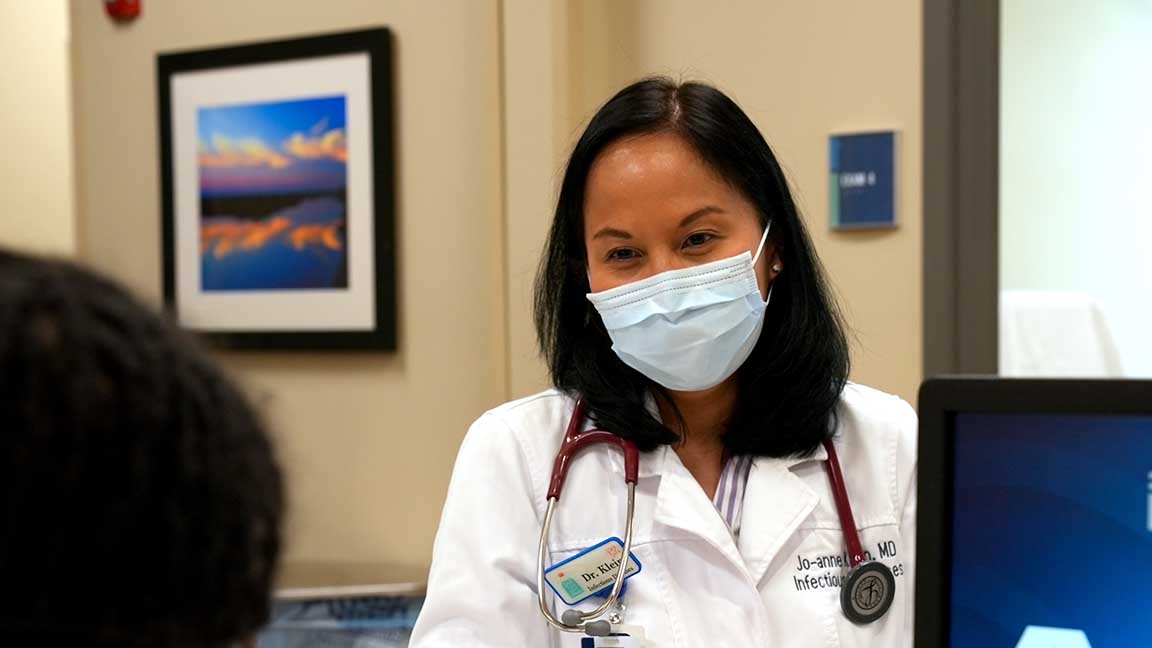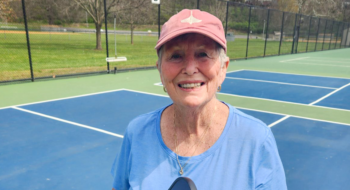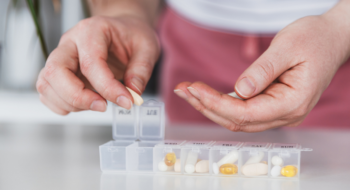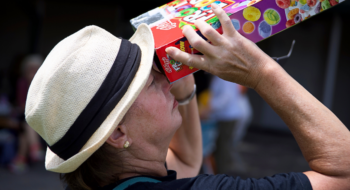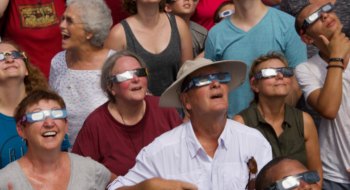These days, Dr. Jo-anne Klein drives down a paved highway to reach her patients at Tidelands Health.
That wasn’t the case when she started her career in the Philippines, a southeast Asian nation that consists of more than 7,600 islands that form an archipelago. After graduating from medical school, Dr. Klein provided medical care in remote fishing villages, farming communities and other hard-to-reach, underserved areas of her native country. She had to traverse rivers and climb mountains, carrying everything she needed to provide basic medical care in a backpack.
It was all in a day’s work, says Dr. Klein, an infectious disease specialist at Tidelands Health.
“I am adventurous, but I just felt like I had to do it because I had an interest in serving the poor communities of the Philippines. I studied at a state university where our education was partially subsidized by taxpayer money, and I wanted to give back,” she says. “I provided some services to them, yes, but it may actually have been more of me learning from them.”
A journey of caring
Dr. Klein grew up in Manila, the country’s bustling capital of nearly 2 million people. Her childhood was much different than the indigenous tribes she served on the Zamboanga Peninsula on the island of Mindanao.
During her three years offering medical care in remote villages, Dr. Klein did much more than provide vaccines and basic medical care. Because health care professionals rarely visit these areas, her primary mission was training community members to provide medical care to friends and neighbors. In one case, Dr. Klein’s team taught a farmer to administer anesthesia and extract teeth.
But that milestone didn’t happen quickly. First, Dr. Klein’s team had to explain how germs work.
“We would have to gain their trust, then engage them in small group educational sessions,” she says. “Some of it was teaching them about the mechanisms of illness – explaining why we get sick, what bacteria is and how vaccines work.
“In the case of farmers, I would try to correlate these concepts to their day-to-day life by talking about the value of water and fertilizers.”
While working in these remote areas, Dr. Klein would stay in villagers’ homes.
“There are no hotels there. The people were very friendly and very generous with what little they had. I grew up as a city girl, and it was very surprising to me to see how these indigenous people lived.”
A new direction
After serving in remote areas for several years, Dr. Klein’s sense of adventure and desire to learn led her in another direction: the United States.
She was accepted to the Cleveland Clinic, where she completed an internal medicine residency followed by a fellowship in infectious diseases and a master’s degree in epidemiology at the University of Pittsburgh.
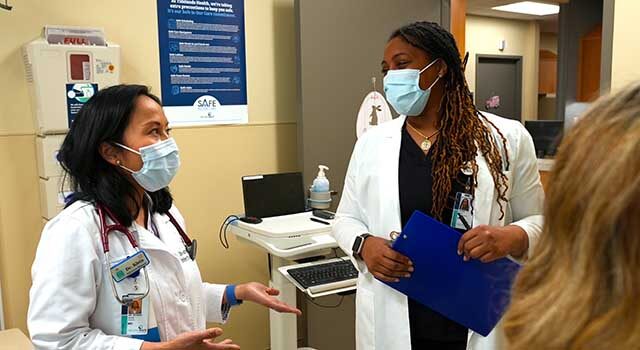
For the next 10 years, Dr. Klein worked in private practice in the Pittsburgh area. A desire to focus on patient care in a community setting led her to Tidelands Health. Her presence is part of the not-for-profit health system’s efforts to expand the availability of advanced specialty care close to home for our region’s residents.
As an infectious disease physician, Dr. Klein cares for patients in an outpatient setting in Myrtle Beach and Georgetown and in the health system’s hospitals. For example, in the outpatient setting she helps people with slow-to-heal infected wounds, tuberculosis exposures, recurrent urinary tract infections and more. In the hospital, she sees patients with infections that aren’t improving, as well as other types of complicated infectious disease cases.
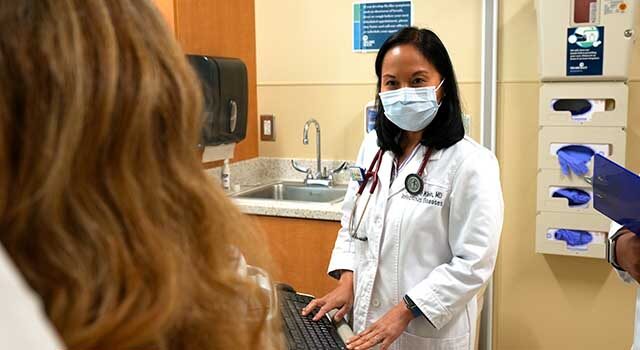
Dr. Klein says she sees similar social factors that affect people’s health in our region as in Mindanao.
“Patients may come into the hospital and be very sick because they haven’t taken care of their health for many reasons. You just see that health can be so related to a person’s social situation, economic situation and family support,” she says.
“So, I do sometimes correlate the two experiences because regardless of where you live, it’s not just the disease process that makes us sick, but everything involved in the causation of the disease and access to care.”
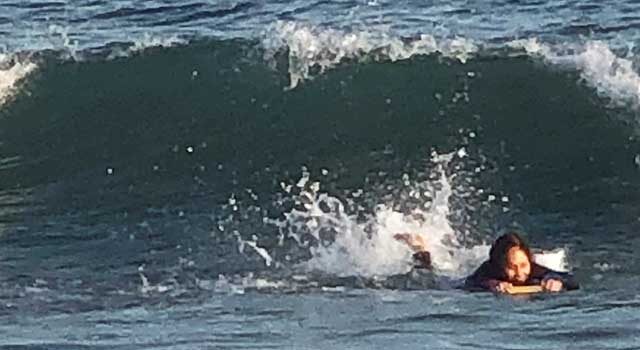
Growing up in the Philippines, Dr. Klein spent a lot of time at the beach, so she’s pleased to be back living next to the water and trying her hand at new water sports.
“We love it here. My husband and I bought stand-up paddleboards, and we’re looking forward to trying them out this summer,” she says.
